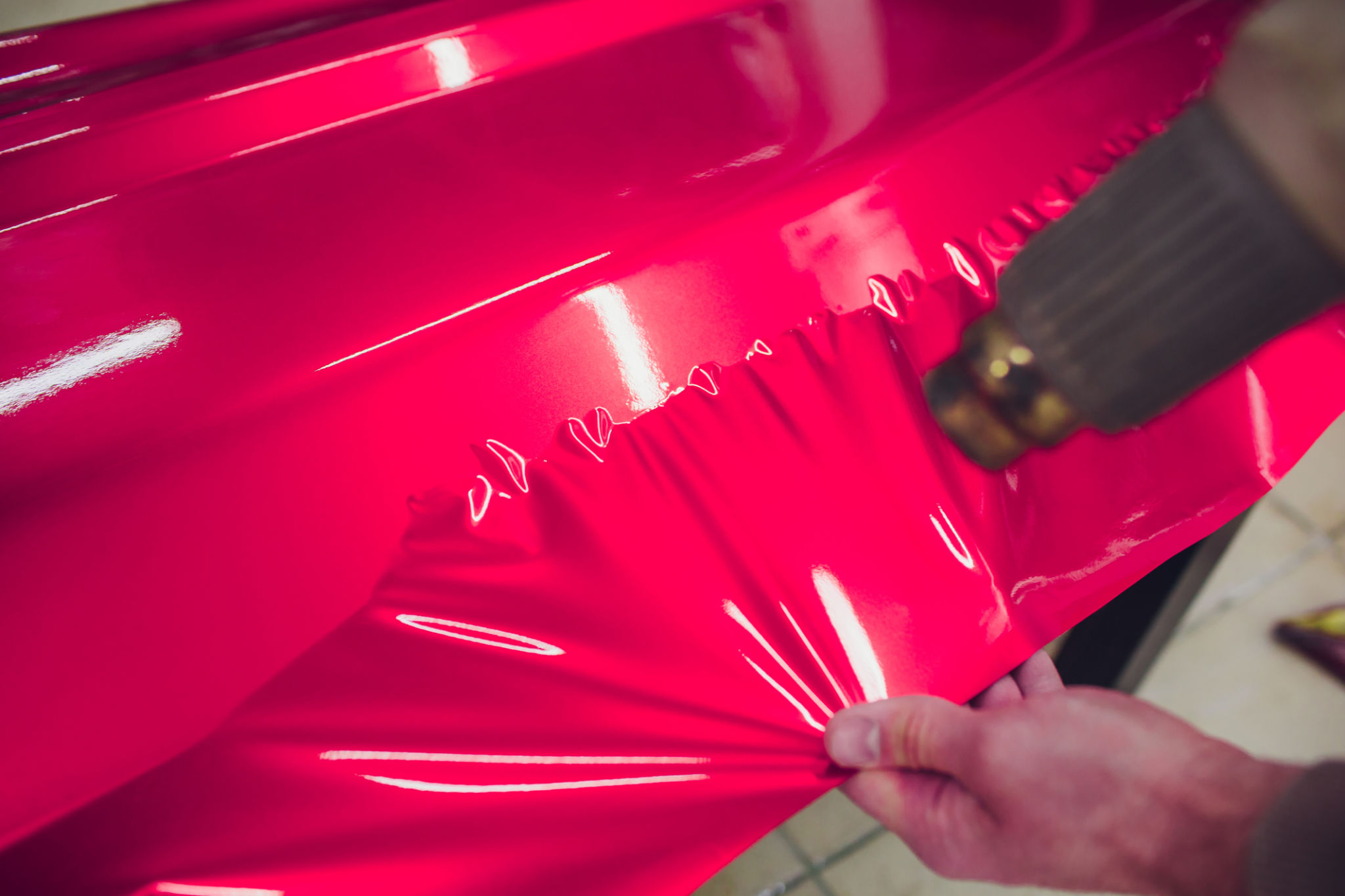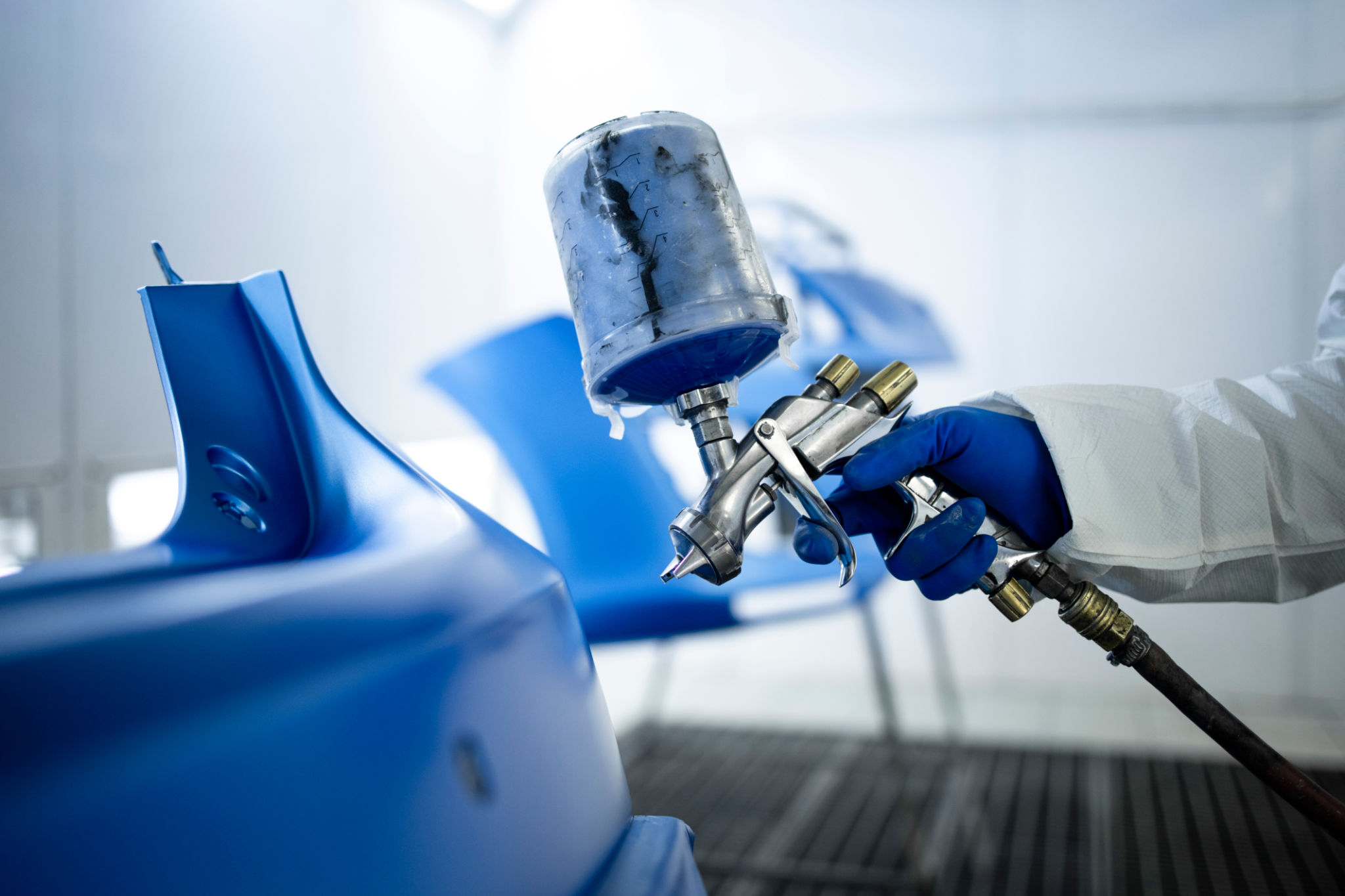Comparing Vinyl Wraps vs. Paint: Which is Right for You?
Understanding Vinyl Wraps
Vinyl wraps have gained popularity in recent years as a versatile option for vehicle customization. A vinyl wrap is essentially a large decal applied over the original paint of a car. This method allows for a wide range of colors, textures, and finishes, which can be easily changed according to personal taste. One of the main attractions of vinyl wraps is their ability to protect the underlying paint from minor scratches and UV damage, acting as a protective layer.
The application process is generally quicker than painting, often taking just a couple of days. This speed can be a significant advantage for those who want to change the look of their vehicle without a lengthy commitment. Additionally, vinyl wraps can be removed without causing any damage to the original paint, making them a flexible choice for those who like to switch up their vehicle's appearance frequently.

Exploring Traditional Paint Jobs
On the other hand, traditional paint jobs offer a classic method for changing the color or repairing the exterior of a vehicle. A high-quality paint job can enhance the vehicle's overall aesthetic and can sometimes increase its resale value. Paint offers a depth and richness that is hard to replicate with vinyl wraps, especially with custom paint finishes like metallics or pearlescent.
However, painting a car is typically more time-consuming and expensive than applying a vinyl wrap. The process involves multiple stages, including sanding, priming, painting, and clear coating, which can take several weeks to complete. Once applied, paint is generally more durable than vinyl wraps but can be more challenging to maintain and repair if damaged.

Cost Considerations
When it comes to cost, vinyl wraps are often more budget-friendly than paint jobs. The price of a vinyl wrap varies depending on the material quality and complexity of the design, but it usually falls below the cost of a full body paint job. This makes vinyl wraps an attractive option for those looking for an economical way to refresh their vehicle's appearance.
In contrast, high-quality paint jobs can be quite costly, especially if you opt for custom finishes or designs. While the initial investment is higher, some might find it worthwhile due to the long-lasting nature of paint compared to vinyl wraps.

Durability and Maintenance
An important factor to consider is durability. Vinyl wraps typically last between five to seven years depending on environmental factors and maintenance practices. They require regular cleaning to maintain their appearance but are generally less resistant to elements like road salt or harsh weather compared to traditional paint.
Paint jobs, especially those done by professionals using high-quality materials, tend to have a longer lifespan. Properly maintained, a good paint job can last for over a decade. However, they require more meticulous care to prevent fading and chipping over time.
Making Your Decision
Choosing between a vinyl wrap and a traditional paint job ultimately depends on your personal preferences and needs. If you enjoy changing your car's look frequently or want an affordable option with easy maintenance, a vinyl wrap might be the best choice. On the other hand, if you value longevity and are seeking a permanent change with a potentially higher resale value, investing in a high-quality paint job could be more suitable.
Both options have their unique advantages and shortcomings, so it's essential to weigh them against your priorities and budget before making a decision. Whichever option you choose, enhancing your vehicle's appearance can provide a fresh look and renewed pride in ownership.
